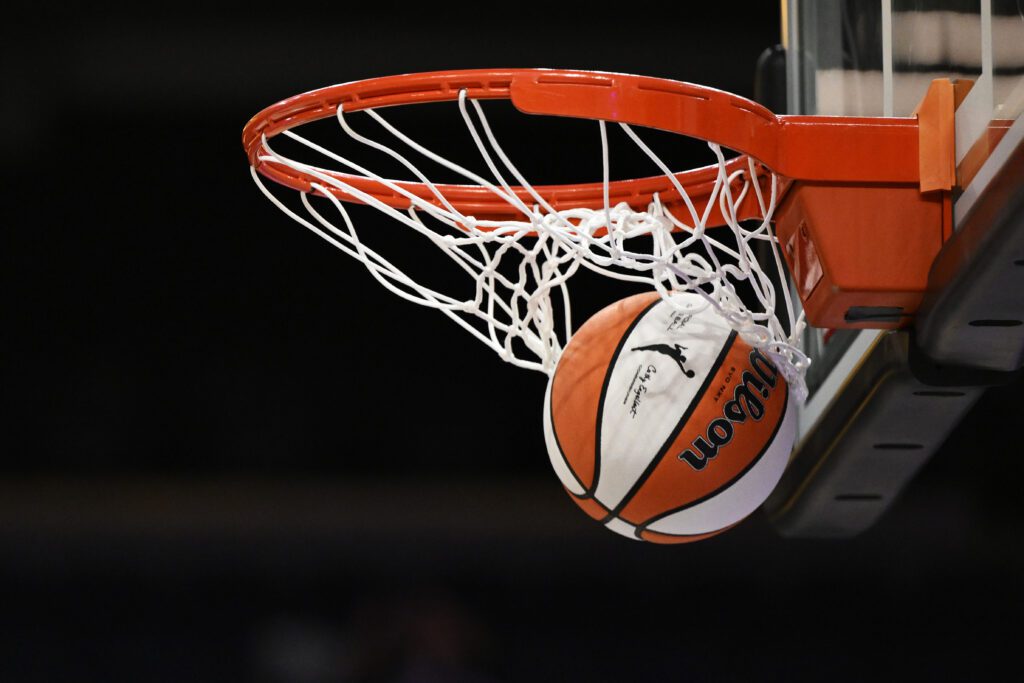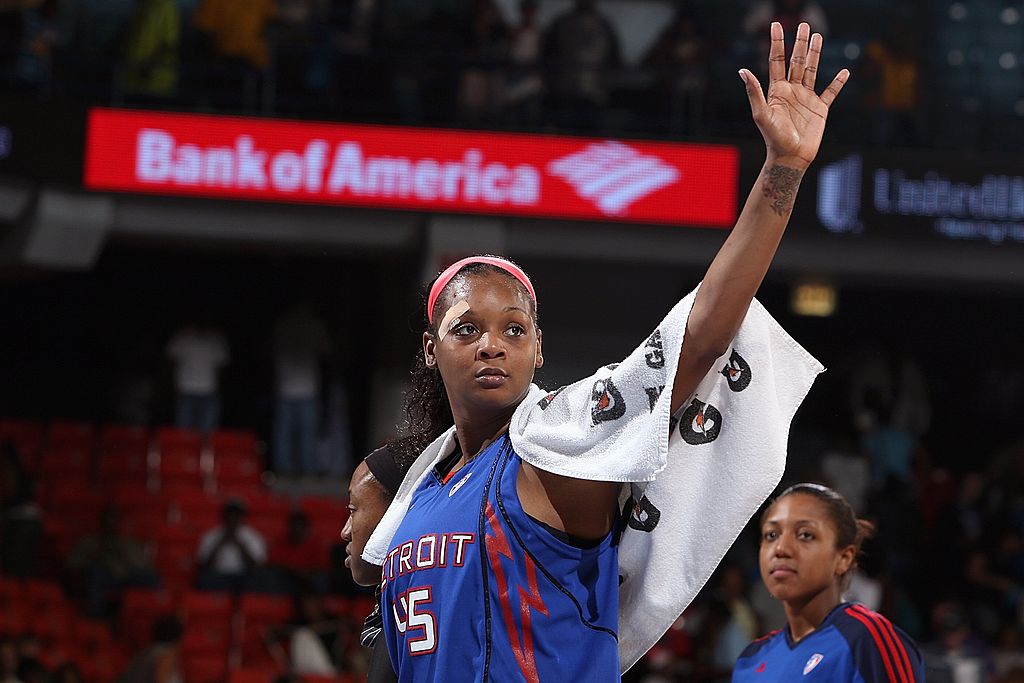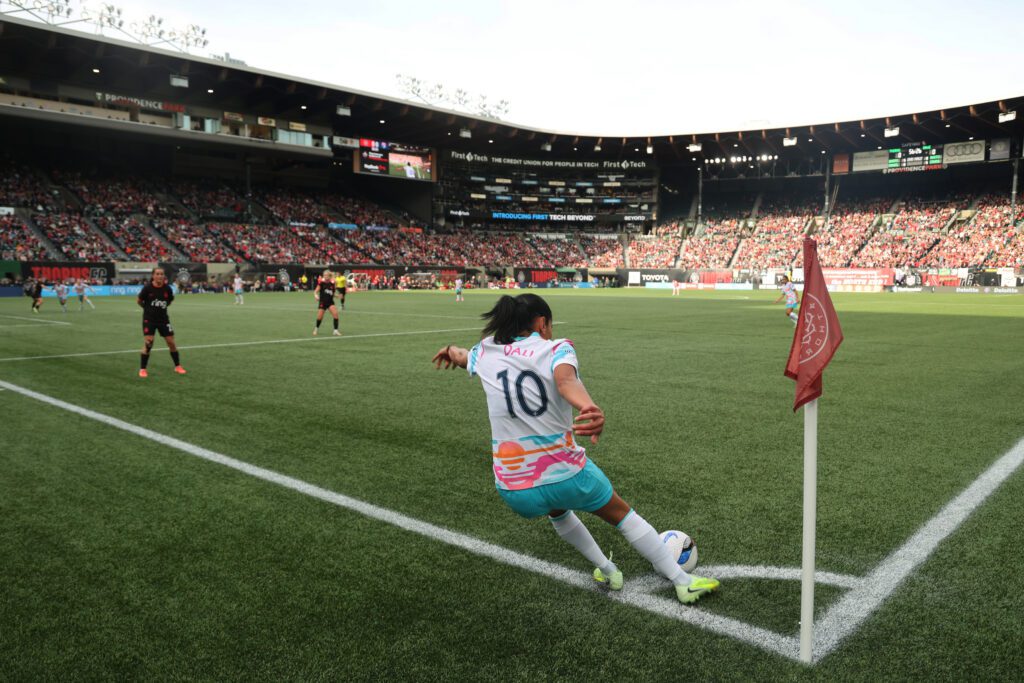Brittney Griner said during a Phoenix Mercury press conference on Thursday that she has no intention of going overseas to play basketball again unless she is “representing my country at the Olympics.”
Griner was arrested in Russia on drug charges last year while returning to play for UMMC Ekaterinburg, the team she was a member of during the WNBA offseason, and ended up spending 294 days wrongfully detained. She was released in December through a prisoner swap negotiated by the Biden administration.
Making her first public comments since returning to the United States, Griner said she recognizes that some players don’t have a choice about going overseas in the offseason to supplement their WNBA salaries.
“The whole reason a lot of us go [overseas] is the pay game. A lot of us go over there to make an income to support our families, to support ourselves,” she said. “So I don’t knock any player that wants to go overseas.”
Player salaries have long been a point of contention in the WNBA. UMMC Ekaterinburg, Griner’s former overseas team, has historically paid WNBA stars high salaries to play for them in the offseason, including Diana Taurasi and Sue Bird. As of 2017, Griner was reported to make close to $1 million annually with the club.
“I wish I could pay my light bill with the love of the game, but I can’t,” Griner said Thursday. “That’s one of the biggest reasons people play overseas.”
The WNBA has attempted to provide more resources to prevent players from going overseas in the offseason, including coaching development and marketing opportunities outside of basketball.
The league has also tried to incentivize players to stay home with a prioritization clause in the CBA that goes into effect this year. The policy requires players with more than two years of league experience to report to their teams by the time the season begins to avoid a fine or suspension.
As a whole, the WNBA is projecting record revenue growth of up to $200 million in 2023, according to a recent report by Bloomberg. But as the league’s revenue is growing, players’ share of that revenue is reportedly shrinking, having decreased from 11.1 percent in 2019 to 9.3 percent in 2022.




